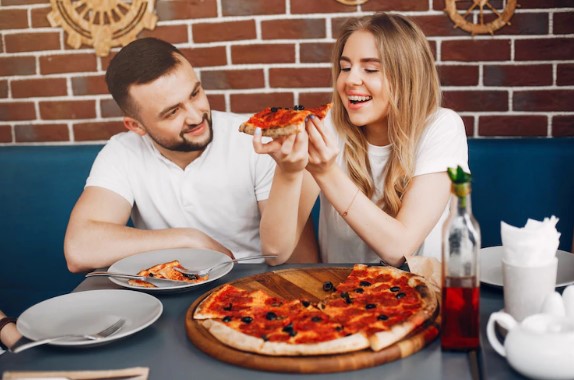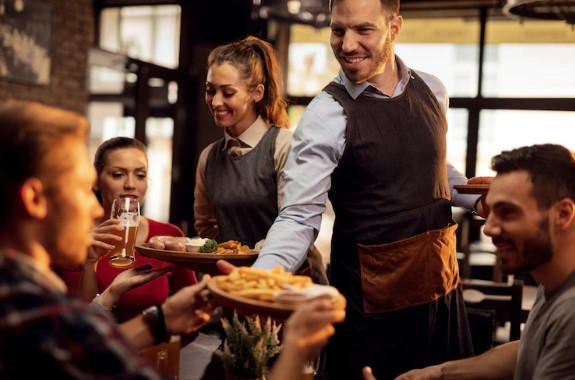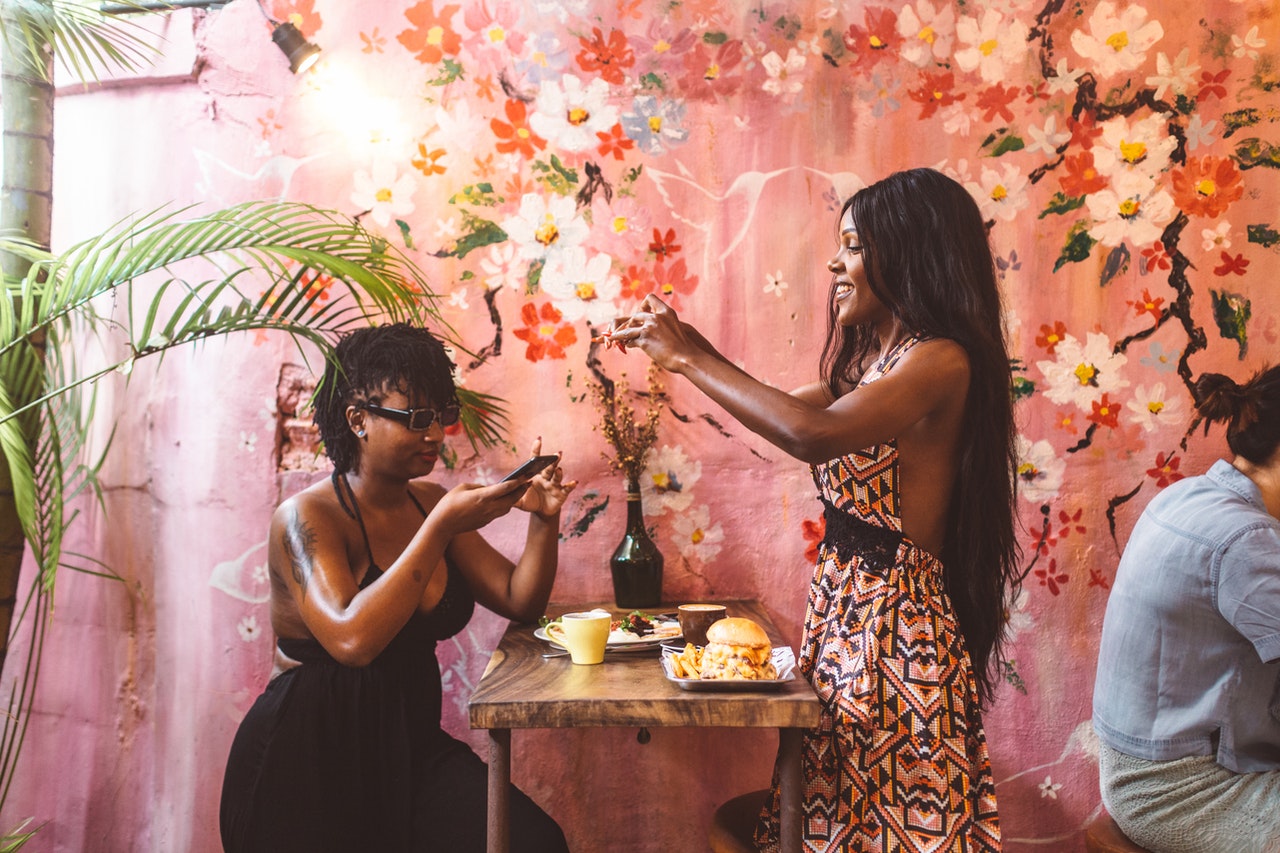Many people have a very special relationship with food or drinks. This seems common; however, there is something that draws attention in the area of consumer psychology and it is that this relationship results in a ritualistic behavior, making the moment of consumption highly appreciated and that customers prefer it to any other experience.

Surely you know someone, perhaps yourself, who dedicates a special moment, a specific day or time to enjoy eating or drinking something in particular. It can be a special meal, maybe a drink or whatever, but it’s usually the same thing.
The occasion may be a paella one Sunday a month, perhaps a pabellon on Fridays, or a coffee sitting in an outdoor plaza on Wednesday afternoons. Let’s not confuse this with a routine, because it has an intention and a planning. What makes this occasion special is that it becomes a habit that is part of everyday life, providing security, pleasure and well-being, connecting it with an emotion, a feeling, a memory, which translates into a highly appreciated reward.
It is important to note that for the individual it is not just about what they eat, but everything that surrounds the experience; it can be the same cup, the same table, the same recipe, or the person serving you.

Ritualistic customers are very special for food businesses. They must be treated very carefully, because what makes them come back and bring new company is their sense of authority: they guide new guests, explaining the secrets of their ritual and why it can only be performed in that place.

A study, carried out by researchers from the universities of Harvard, Minnesota and the Carlson School of Management in the United States, has shown that all ritualistic behavior that revolves around a meal makes it more memorable and much tastier. In one test, a group of people were asked to taste a chocolate following ritualistic actions, while others just had to eat it. The result, the first group described it as more flavorful, valuable, and deserving of savoring.

Every restaurant must be aware that the experience it offers, deep down, has the potential to become a ritual for the diner. From the welcome in a specific way or the invitation to sit in a characteristic space surrounded by a very particular and authentic symbology, where the service at the table is carried out following an etiquette and protocol adapted to the style of the business and that the food is always presented in a unique way.
The conclusion of the research is perfect: rituals improve the enjoyment of consumption due to the greater involvement in the experience they cause.
We co-created this content with @neurogastronomo to help your business grow.
